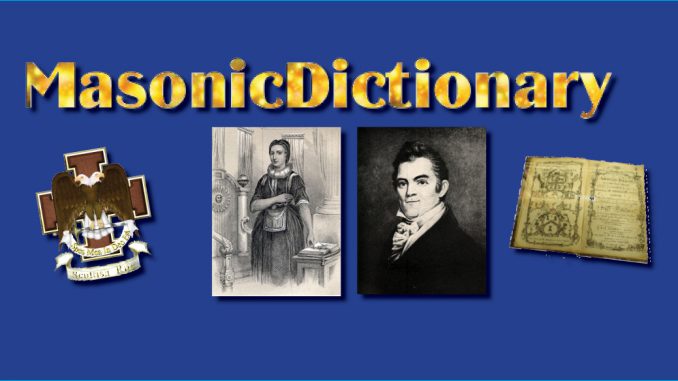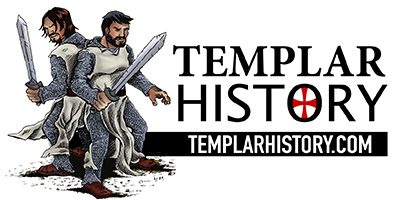
An old record of the Constitutions of Freemasonry, so called because it forms No. 2054 of the collection of manuscripts in the British Museums which were originally collected by Robert Harley, Earl of Oxford, the celebrated Prime Minister of Queen Anne, and known as the Bibliotheca Harleian, or Harleian Labrary. The Manuscript consists of four leaves, containing six and a half pages of close writing in a cramped hand, said to be that of Randle Holme, Chester Herald, n ho died in 1699. The Manuscript has first published by Brother William James Hughan, in his Masonic Sketches and Reprints. She Manuscript was carefully transcribed for Brother Hughan by a faithful copyist, and its correctness was verified by Sims, of the Manuscript Department of the British Museum. Brother Hughan places the date of the record in the middle of the seventeenth century, and in this he is probably correct.
The two following folios says the Reverend Brother Woodford in the volume (namely 33 and 34) are of a very important character, inasmuch as the secrets of Freemasonry are referred to in the “obligation” taken by Initiates and the sums are recorded which “William Wade give to be a Freemason,” and others who were admitted members of the Lodge. The amounts varied from five shillings to a pound the majority being ten shillings and upwards. The fragment on folio 33 is as follows and was written about the same time as the Manuscript Constitutions; There is several words & signs of a free mason to be received to ye weh as y-u w-ch as will before God at the Great & terrible day of Judgment you keep secret & not to revile the same in the hears of any person or to any hut to the Mrs- & fellows of the said society of free masons so help me God, etc.
A facsimile of the Manuscript has been published by the Quatuor Coronati Lodge. There is another Manuscript in the same collection marked No. 1492, the date of which is conjectured to be about 1650! or rather later. It was copied by Brother Henry Phillips, and first published in the Freemasons Quarterly Retnew in 1836 (pages 288 to 295). The copy, however, unfortunately, is not an exact one, as E. A. Bond, of the Museum, who compared a part of the transcript with the original, says that “the copyist has overlooked peculiarities in many instances.” It is important in containing an Oath of Secrecy, which is in the following words:
I (giving full name) in the presence of Almighty God, and my fellows and Brethren here present, promise and declare that I will not at any time hereafter, by any Act, or Circumstance whatsoever, directly or indirectly publish, discover, reveal, or make known any of the Secrete privileges, or Counsels of the Fraternity or fellowship of Freemasonry, which at this time, or any time hereafter shall be made known unto me; so help me God and the holy contents of this book. A facsimile of this manuscript also has been published by the Quatuor Coronati Lodge.
– Source: Mackey’s Encyclopedia of Freemasonry
